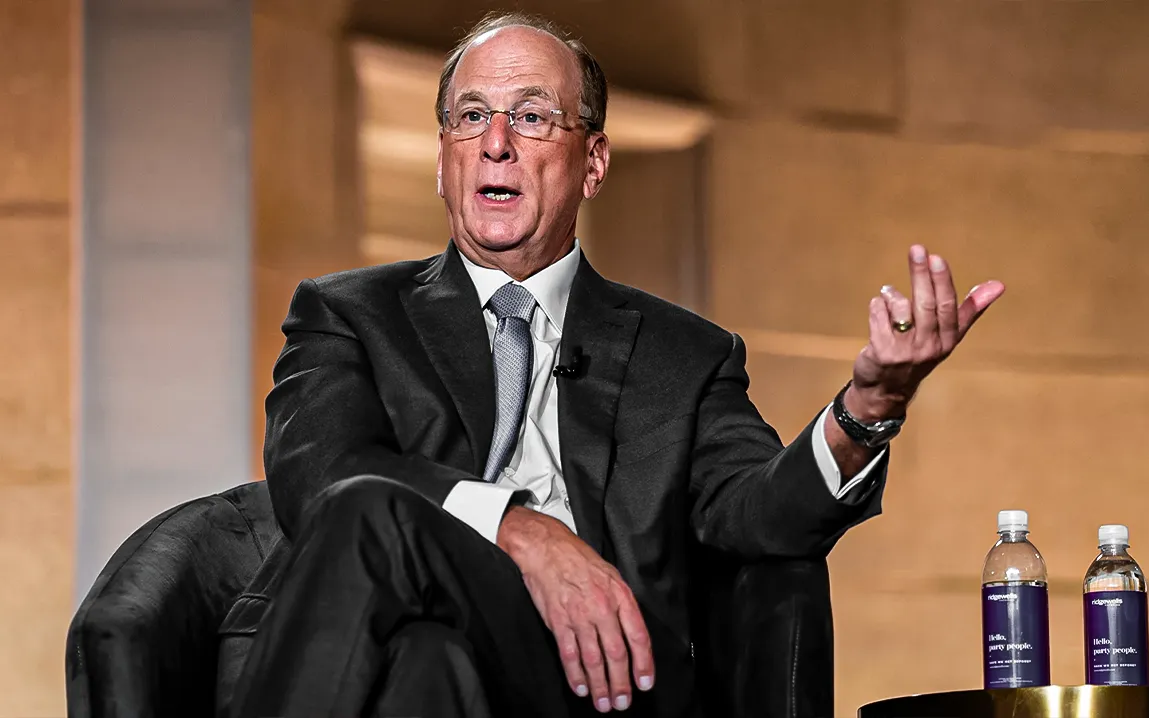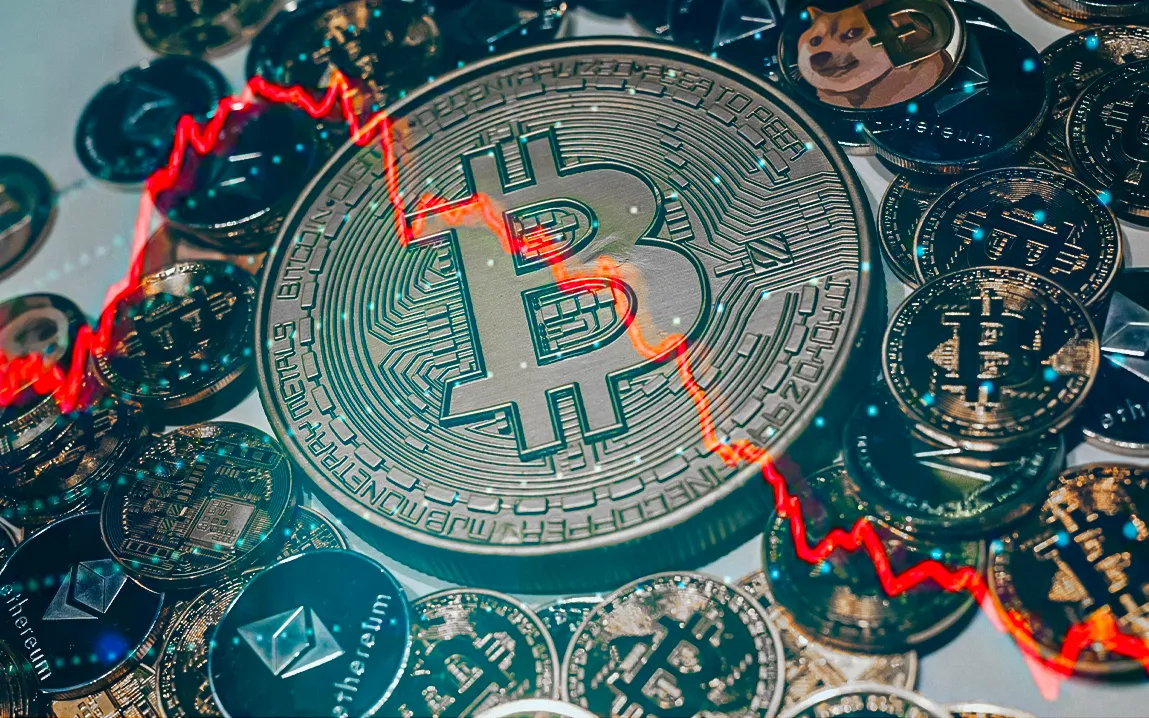BlackRock CEO Larry Fink says most business leaders believe the U.S. is already in a recession. Here’s what’s causing concern and what it means for you.
A Wake-Up Call from the Top
At a recent talk in New York, Larry Fink, CEO of BlackRock, didn’t mince words. He said that many CEOs he talks to believe the U.S. is already in a recession.
“We’re probably in one right now,” Fink admitted. Coming from someone who oversees trillions in assets, this wasn’t just a casual observation—it was a clear warning.
Tariffs Are Rocking the Market
The tipping point? A wave of new tariffs introduced by President Trump. These tariffs were meant to protect American industry, but instead, they’ve caused panic in the financial world.
The S&P 500, one of the major stock indexes, has dropped 10% in just two days. And Fink thinks it could fall another 20%.
That matters because more than half of Americans now have money in the stock market—through retirement accounts, pensions, or direct investments. When markets fall, it hits home.
Inflation Fears Are Back
Tariffs don’t just hurt big corporations—they make everyday goods more expensive. That means prices could rise, especially on things like electronics, groceries, and gas.
Fink warned that higher prices could slow down the economy even more. If people spend less, businesses make less—and that’s how recessions get worse.
Banks and Big Players Are Nervous
It’s not just BlackRock sounding the alarm. JPMorgan thinks there’s a 60% chance of a recession. Goldman Sachs puts it at 45%.
Even huge banks like HSBC and Barclays are seeing their stock prices drop to levels we haven’t seen since the 2008 crash.
Commodity prices like oil and copper are also dropping fast. That’s often a sign that the world expects demand—and economic activity—to slow down.
Wall Street’s Biggest Names Speak Out
Big-name investors are also speaking out. Billionaire Bill Ackman called the tariffs “economic nuclear war.” Another hedge fund manager, Boaz Weinstein, said the economy feels like it’s heading toward a financial “avalanche.”
These aren’t just scary metaphors—they’re serious warnings based on real data and years of market experience.
A Glimmer of Hope?
Despite all this, Fink believes it’s not time to panic. In fact, he thinks now might be a chance for smart investors to buy while prices are low.
“This might be more of a buying opportunity than a selling one,” he said. But he also admitted that more tough times could be ahead before things turn around.
What This Means for You
Even if you’re not glued to stock charts, this economic news matters. If the recession deepens, it could mean job cuts, slower wage growth, and higher prices at the store.
It’s a time to stay informed, cautious with spending, and maybe rethink your financial plans.
Final Thoughts
The U.S. economy may already be in recession, according to some of the world’s most powerful financial voices. Whether it’s rising prices, shaky markets, or global uncertainty, the signs are hard to ignore.
One thing’s clear—this is not just Wall Street’s problem. It’s Main Street’s too.



